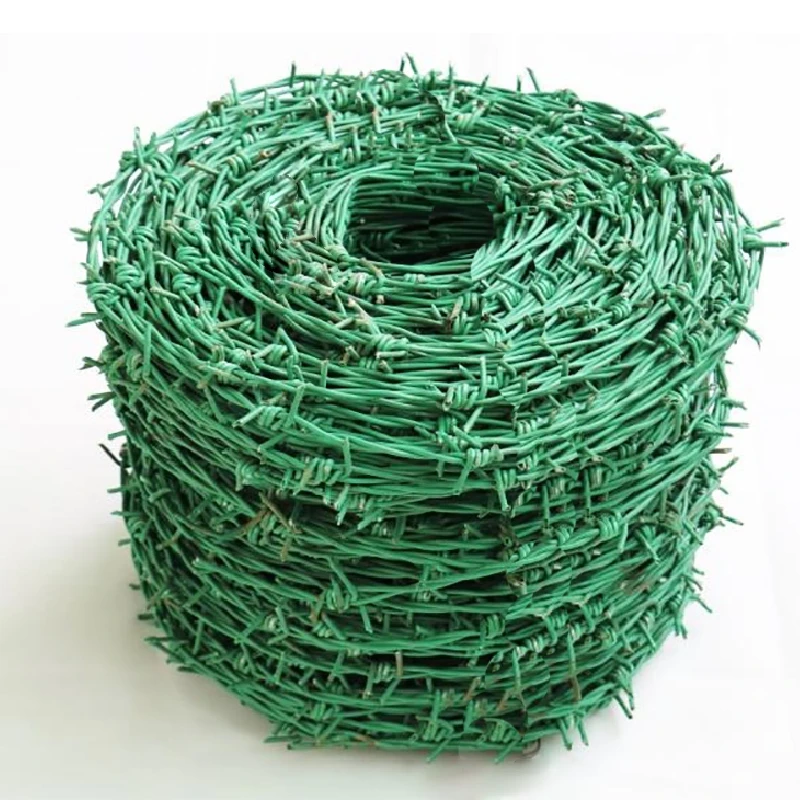Nov . 29, 2024 12:27 Back to list
Innovative Solutions for Industrial Floor Grating Design and Applications in Various Industries
Understanding Industrial Floor Grating Types, Benefits, and Applications
Industrial floor grating is an essential component in various industrial sectors, providing a reliable and functional surface for walkways, platforms, and work areas. This article explores the different types of industrial floor grating, its numerous benefits, and its varied applications across industries.
What is Industrial Floor Grating?
Industrial floor grating consists of a series of bars or slats arranged in a grid-like pattern that creates a surface which allows for drainage, air circulation, and light penetration. Typically made from materials like steel, fiberglass, or aluminum, these gratings are designed to support heavy loads while maintaining structural integrity and safety.
Types of Industrial Floor Grating
1. Steel Grating This is the most common type of industrial floor grating, known for its strength and durability. Steel grating can be either welded or pressed into shape, with various surface patterns available that can enhance slip resistance. It is suitable for heavy-duty applications, such as in manufacturing plants and warehouses.
2. Fiberglass Grating Fiberglass reinforced plastic (FRP) grating is lightweight yet strong, making it an ideal option for environments where corrosion is a concern, such as chemical plants or water treatment facilities. Its non-conductive properties also make it a safe choice for areas with electrical hazards.
3. Aluminum Grating Aluminum grating combines strength with lower weight, ensuring ease of installation and maintenance. Its resistance to corrosion and ability to withstand harsh weather conditions make it suitable for outdoor applications, including catwalks and bridges.
4. Plastic Grating Often used in commercial and residential settings, plastic grating is resistant to chemicals and lightweight, making it a popular choice for pool areas, walkways, and light-duty applications.
Benefits of Industrial Floor Grating
1. Safety One of the most significant advantages of industrial floor grating is its ability to enhance safety in the workplace. The open design allows for natural drainage, preventing the accumulation of water or spills, which can cause slips and falls.
2. Durability Different materials used in the manufacturing of floor grating are resistant to wear and tear, offering long-lasting performance even in high-traffic areas. Steel and fiberglass gratings, in particular, can withstand extreme conditions and loads.
industrial floor grating

3. Customization Industrial floor gratings can be customized to meet specific requirements, such as load-bearing capacities, sizes, and surface finishes. This flexibility allows businesses to select the right type of grating for their distinct operational needs.
5. Environmental Benefits Many types of industrial grating are designed to promote environmental sustainability. For example, fiberglass and plastic options are often made from recycled materials, reducing the overall carbon footprint.
Applications of Industrial Floor Grating
The applications of industrial floor grating span a wide array of sectors
- Manufacturing Used extensively in factories or production facilities to create safe walkways over machinery or hazardous areas.
- Construction Grating can be found in scaffolding and platforms, providing stable surfaces for workers and equipment.
- Oil and Gas In refineries and offshore drilling platforms, floor grating offers corrosion resistance and safety in explosive environments.
- Wastewater Treatment Fiberglass grating is frequently used in wastewater facilities due to its resistance to harsh chemicals.
- Food and Beverage In processing plants, floor gratings support hygiene regulations while offering durability and slip-resistance.
Conclusion
Industrial floor grating is an integral part of many sectors, providing a safe, durable, and efficient solution for various applications. Understanding the types, benefits, and applications of floor grating allows businesses to make informed decisions that enhance safety and efficiency in their operations. Selecting the right type of grating not only improves workplace safety but can also lead to long-term cost savings and environmental benefits.
-
Reinforcing Mesh: Core Material of the Construction Industry
NewsJul.07,2025
-
Welded Wire Fabric Reinvented for Modern Projects
NewsJul.04,2025
-
Superiority of Stainless Steel Woven Mesh
NewsJul.04,2025
-
Key Types of Razor Wire and Their Applications
NewsJul.04,2025
-
Durable Metal Fence Types for Security
NewsJul.04,2025
-
Best Materials for Livestock Fence
NewsJul.04,2025
products.







